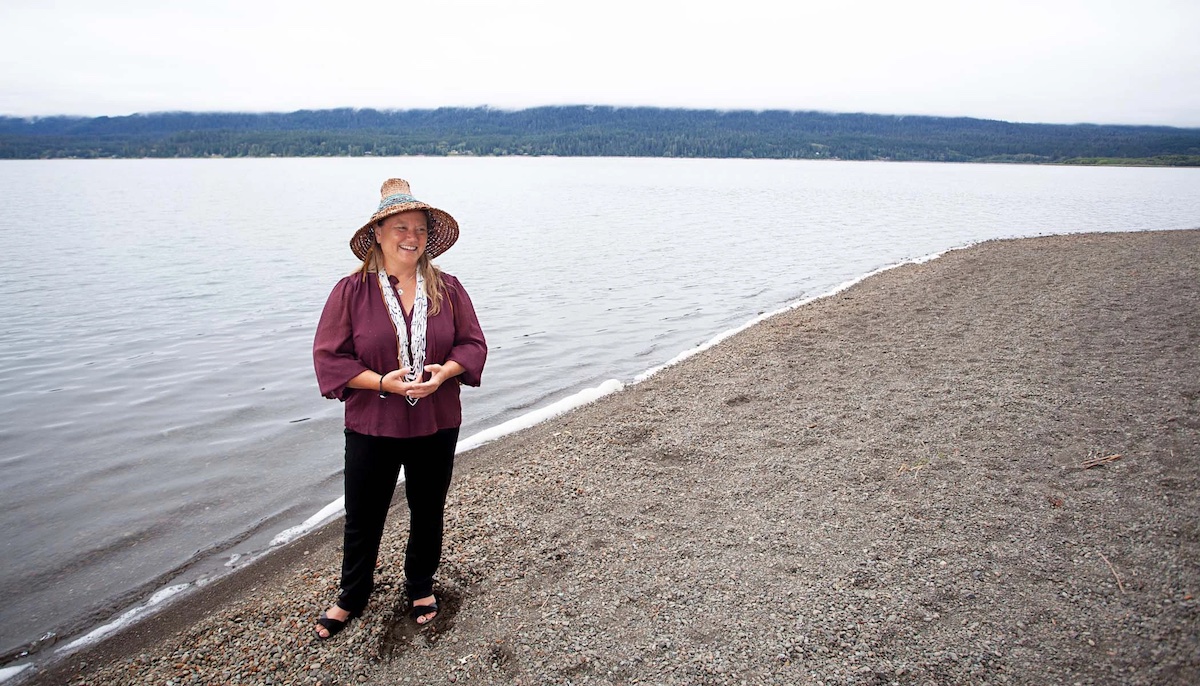
- Details
- By Tribal Business News Staff
- Energy | Environment
SEATTLE, Wash. — Building Tribal Leadership in Carbon Removal has launched an intertribal working group to assess the emergence of carbon dioxide and other greenhouse gas removal strategies in the face of climate change.
Building Tribal Leadership in Carbon Removal is a new initiative of Global Ocean Health, a National Fisheries Conservation Center program that works to protect seafood supplies, coastal communities and marine ecosystems from ocean acidification, warming and unraveling food webs.
The intertribal working group is supported by the philanthropic organization Additional Ventures and the Chan Zuckerberg Initiative, a fund established in 2015 to address the world’s pressing challenges.
“Tribal Nations have been at the forefront of efforts to address climate change by reducing carbon emissions and advocating for aggressive climate policy,” Fawn Sharp, president of the National Congress of American Indians, said in a statement. “The Building Tribal Leadership in Carbon Removal initiative is a unique collaboration that supports Tribal Nations in defining our own path and braids together our goals for economic sovereignty, legal recognition, and regaining some of our lost lands, along with our longstanding commitment to stewardship of the earth and restoration.”
Carbon dioxide removal refers to a range of approaches — from direct air capture to mineralization — that absorb existing carbon dioxide from the atmosphere and store it in a stable form or use it in products like concrete, which can also help reduce emissions in hard-to-decarbonize industries.
According to the Intergovernmental Panel on Climate Change, carbon dioxide removal will play a pivotal role in limiting global temperature increases.
Tribal governments own and manage vast lands and waters, including at least 20 percent of global land mass, making them key partners for many carbon projects.
Building Tribal Leadership in Carbon Removal aims to accelerate the development of equitable and scalable climate solutions by ensuring that tribes and indigenous communities lead in both the practice and governance of carbon removal.
“We talk about keeping the future seven generations in mind, honoring our ancestors, and linking our past to the present and future,” Chairman of the Squaxin Island Tribe Kris Peters said. “When we become ancestors, will people be proud of what we did when we were here? What is our legacy? We are in a state of emergency worldwide. Carbon removal will help.”
Want more Tribal Business News? Get the free weekly newsletter today.
The working group will identify obstacles to tribal leadership in the carbon removal industry and provide resources to help tribes further examine and deploy carbon dioxide removal efforts. The group also wants to ensure this new industry can scale rapidly and sustain the gigatons of greenhouse gas removal required to attain the IPCC’s recommended climate targets so that rivers, oceans, and lands thrive and continue to sustain the billions of people who rely on them.
The Chan Zuckerberg Initiative’s grant is part of a multi-year, $500 million investment announced in December 2020 to support organizations leading the way to advance racial equity, diversity and inclusion efforts.
